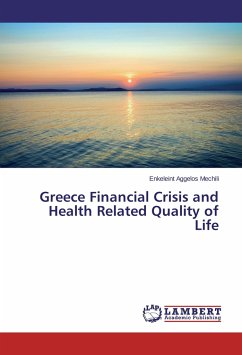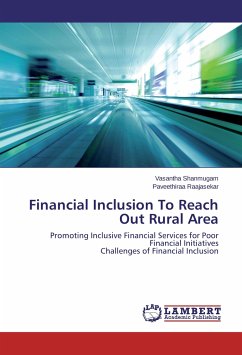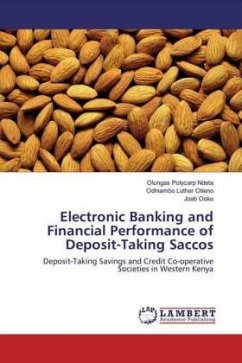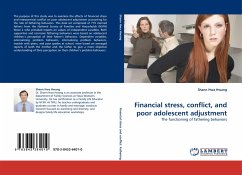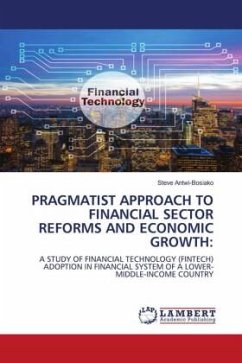The current financial crisis has affected the daily life of citizens. Due to the unemployment, job insecurity, stress and many other factors, population health-related quality of life (HRQoL) is affected. Persons in higher socioeconomic status tend to have higher HRQoL. A cross sectional study was conducted using convenience sampling of both employed and unemployed individuals in Attica, Greece. To evaluate HRQoL SF-36v2 questionnaire was used. The studied population consisted of 1049 people with an average age of 37.1 years. 91% were Greek, 36.8% had high school graduates and 62.4 were employed. In univariate analysis, work status, educational level, age, low income, parenthood, chronic illness and nationality were found to be related to the score of the participants at least one dimension. In linear regression analysis, there are statistically significant correlations between educational level, work status, chronic illness and age with HRQoL. Improvements of HRQoL should be directed towards chronic illness prevention, lifelong education, better information and unemployment reduction. HRQoL is not only a health policy issue but mainly an economic and social policy matter.
Bitte wählen Sie Ihr Anliegen aus.
Rechnungen
Retourenschein anfordern
Bestellstatus
Storno

